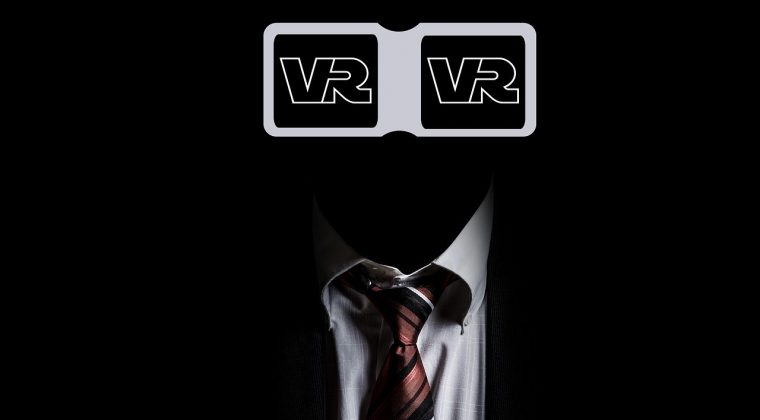Virtual reality is often thought of solely as a gaming platform, but the tech actually reaches far beyond that. In fact, virtual reality could prove to be massively useful in other industries – and it could even save lives.
Before diving into how virtual reality is changing the world, it’s worth looking at what virtual reality actually is. Virtual reality basically creates a simulated environment that eventually, may be indistinguishable from the real world. It’s aimed at being ultra immersive, and usually involves wearing a headset like an Oculus Rift or HTC Vive. Sometimes, those headsets are wireless, and sometimes they involve using a cable.
Here are some of the biggest ways in which virtual reality is changing the world.
Diagnostics in health
Virtual reality could prove very useful in the field of medicine. Notably, the tech could allow for better relationships between physicians and patients, thanks to the fact that the two could have appointments over virtual reality. Doctors could use virtual reality tech to explain things like X-rays more easily, and the experience could become a whole lot more interactive.
The use of virtual reality in medicine could also make for better medical records, and it could allow doctors to see the impact of their procedures in real-time – without having to be near a patient.
The addition of virtual reality and artificial intelligence and the NHS has been witnessed with shorter waiting times and lower misdiagnose in illness, a key benefit to the healthcare industry.
Job training in high-risk environments
There are plenty of jobs that involve risk, like firefighters, soldiers, and police officers. Imagine if you could train these people without putting them in danger. That’s something that virtual reality could allow. A police office, for example, could learn what to do in an emergency without having to actually train in that emergency. This could also allow people in high-risk jobs to get trained quicker, and virtual reality could make for more in-depth training than something like a textbook would provide.
The entertainment industry
Virtual reality is changing gaming, to be sure, but it’s set to change other aspects of entertainment too. For example, virtual reality is making watching TV and movies a whole lot more immersive. Not only that, but the producers and creators of TV shows are leveraging that – making entertainment that actually puts you in the action.
Gaming is important too though. Playing games in virtual reality means that you can actually be a part of the game – instead of just controlling it.
Travel
Virtual reality may allow people to travel to a new location without leaving their home. Imagine if you could walk through the halls of the Louvre Museum in Paris without having to spend the cash on a flight, hotel, and so on. Many companies are tapping into this new opportunity by offering virtual travel tours that may be interactive and full of learning. That could also serve useful in education – as it will allow teachers to take their students on a virtual “field trip” without having to organize leaving the school. There are, of course, many innovations yet to happen, but virtual travel is off to a good start.
Medical training
We already talked about how virtual reality could have an impact on the medical field, but it could also impact medical training too. Many online first aid courses are available and thriving nowadays as students look to new and innovative ways to study. With the advent of virtual reality, these types of online courses could be expanded with a level of depth that was otherwise unreachable. For example, medical students could learn how to conduct physical motions or a complex surgery without actually practicing on a body. This could also reduce some of the risks and expenses associated with such training.
Alternatively, one can pursue any online medical training course to become a part of the healthcare industry. Any trained and certified medical personnel can apply for the positions of medical assistant jobs such as, becoming a virtual medical administrative assistant in any of the healthcare sectors. Quite a number of health service providers nowadays outsource assistants to meet the requirements of their services such as, managing medical records, verifying insurance, billing authorization, patient referrals, and more. Hence, anyone who signs up for a remote job can very well fulfill such positions and carry out the required tasks.
Online shopping
Shopping in virtual reality will allow users to get a much better look at an item before they buy it. Through virtual reality, you’ll be able to try clothes on, see how furniture looks in an environment, and more – all without actually leaving your home. This will make online shopping a whole lot safer – as you may not buy an item that you would have through normal online shopping.
Conclusions
Virtual reality is becoming increasingly common, and that’s unlikely to slow any time soon. As virtual technology gets better, and more companies adopt it, we’re likely to see more headsets, better software, and so on.

